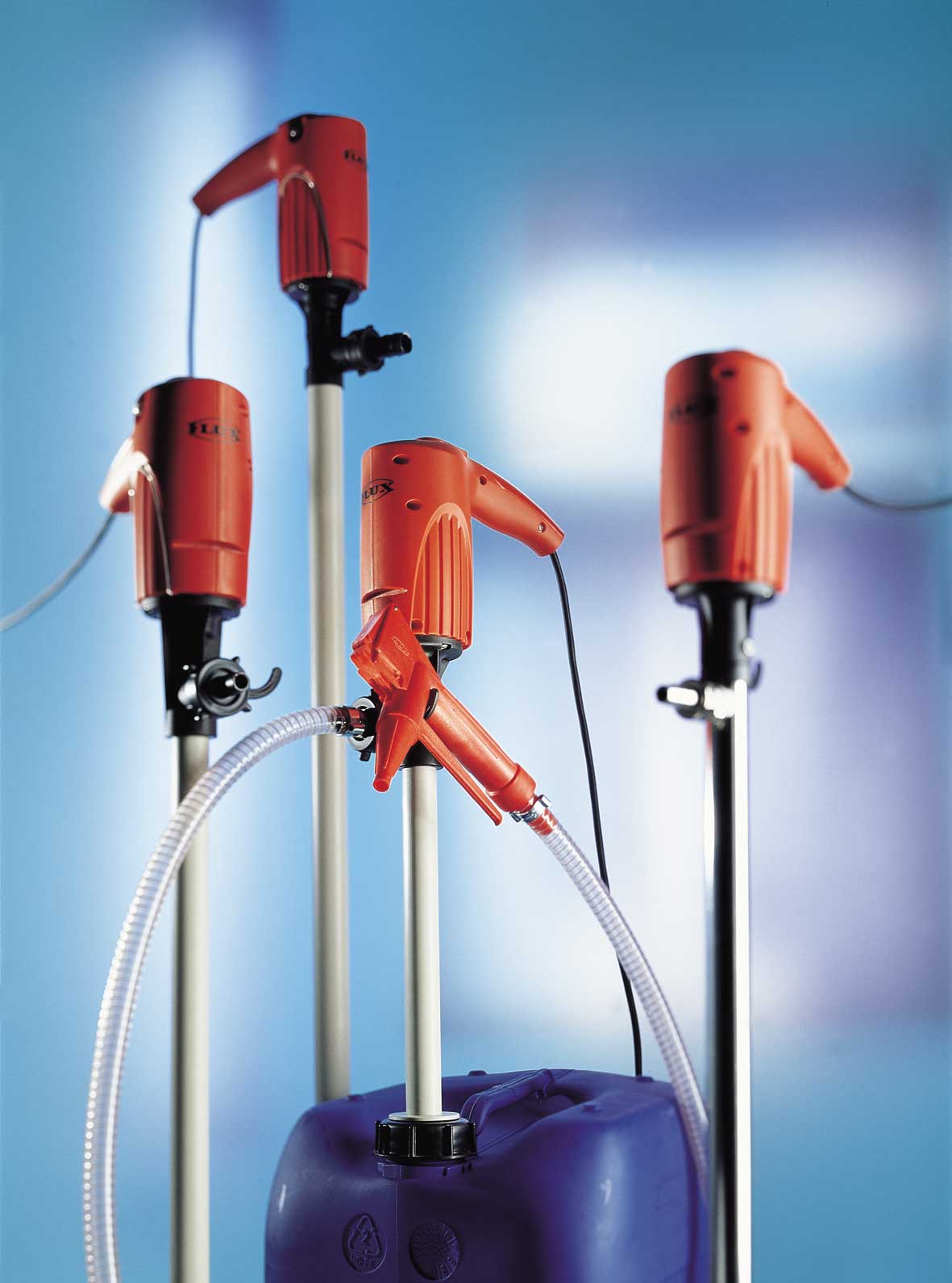Comparing Hose Pumps To Other Pumping Technologies

In the realm of fluid dynamics and industrial processes, the efficiency and reliability of pumping technologies play a crucial role. From transferring fluids in chemical processing plants to handling abrasive slurries in mining operations, the choice of pump can significantly impact productivity and operational costs.
Among the myriad options available, hose pumps stand out for their unique design and capabilities. However, to truly appreciate their advantages, it's essential to compare them to other pumping technologies commonly used across various industries.
Understanding Hose Pumps
Before delving into a comparative analysis, it's vital to understand the fundamental workings of hose pumps. Unlike traditional centrifugal or reciprocating pumps, hose pumps operate on a different principle. At the heart of a hose pump lies a flexible tube, typically made of reinforced rubber or thermoplastic materials. This tube is squeezed or compressed by a rotor, creating a positive displacement action that propels the fluid forward. As the rotor advances, it sequentially compresses and relaxes sections of the hose, generating a steady flow of liquid or semi-liquid substances.
One of the primary advantages of hose pumps is their ability to handle viscous, abrasive, or shear-sensitive fluids with ease. Since the fluid only comes into contact with the hose interior, there's minimal risk of contamination or damage to delicate particles suspended within the solution. This makes hose pumps ideal for applications in the chemical, food and beverage, and pharmaceutical industries, where product purity and integrity are paramount.
Comparative Analysis: Hose Pumps vs. Centrifugal Pumps
Centrifugal pumps are perhaps the most common type of pump found in industrial settings. They operate by imparting kinetic energy to the fluid, which is then converted into pressure as it exits the pump through a rotating impeller. While centrifugal pumps excel in applications requiring high flow rates and low to moderate pressure, they often struggle with viscous or abrasive fluids. Additionally, their reliance on close tolerances and mechanical seals makes them prone to wear and maintenance issues over time.
In contrast, hose pumps offer several distinct advantages over centrifugal pumps, especially in challenging environments. Their gentle pumping action minimises shear forces, making them ideal for delicate substances or shear-sensitive fluids like polymers and emulsions. Moreover, the absence of complex mechanical components reduces the risk of downtime and maintenance costs associated with centrifugal pumps. Overall, hose pumps provide a reliable and cost-effective solution for applications requiring precise fluid handling and consistent performance.
Comparative Analysis: Hose Pumps vs. Screw Pumps
Screw pumps, also known as progressive cavity pumps, operate on a similar principle to hose pumps, utilising positive displacement to move fluids. Instead of a flexible hose, screw pumps feature a helical rotor that rotates within a stationary stator, creating a series of sealed chambers that progress along the length of the pump. While screw pumps offer excellent efficiency and gentle handling of fluids, they have certain limitations compared to hose pumps.
One significant difference lies in the ease of maintenance and operational flexibility. Hose pumps typically have fewer moving parts and a simpler design, making them easier to clean and maintain. In applications where frequent product changes or sanitation procedures are necessary, hose pumps offer a distinct advantage. Additionally, the modular nature of hose pumps allows for quick and easy replacement of wearing components, minimising downtime and maximising productivity.
Conclusion
In the realm of pumping technologies, hose pumps emerge as a versatile and reliable solution for a wide range of applications. Their unique design and positive displacement action make them ideal for handling viscous, abrasive, and shear-sensitive fluids with ease. When compared to centrifugal and screw pumps, hose pumps offer distinct advantages in terms of efficiency, reliability, and ease of maintenance. For industries seeking robust pumping solutions that deliver consistent performance, hose pumps stand out as a compelling choice.
For your pumping needs, whether it's a hose pump or a screw pump, Winston Engineering offers a comprehensive range of pump systems and solutions. As a trusted supplier specialising in water pumps, vacuum pumps, booster systems, and gear pumps, Winston Engineering provides top-quality products backed by expert technical support and exceptional customer service. Contact us today to discover how our pumping solutions can enhance your operations.

